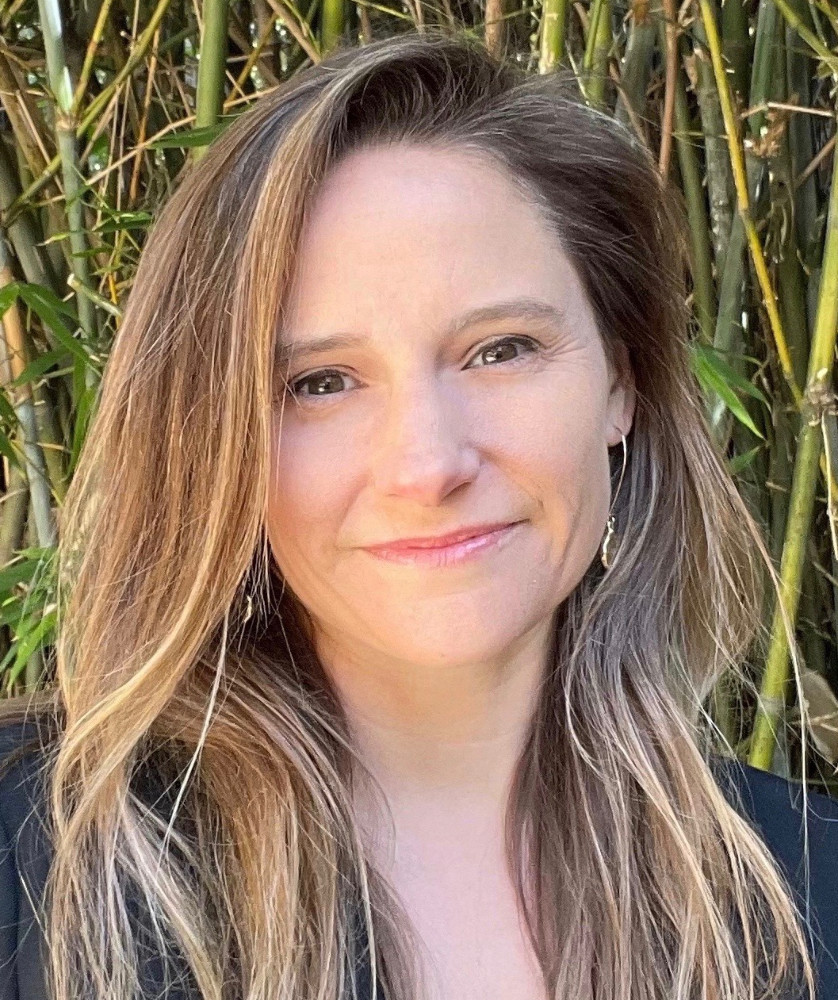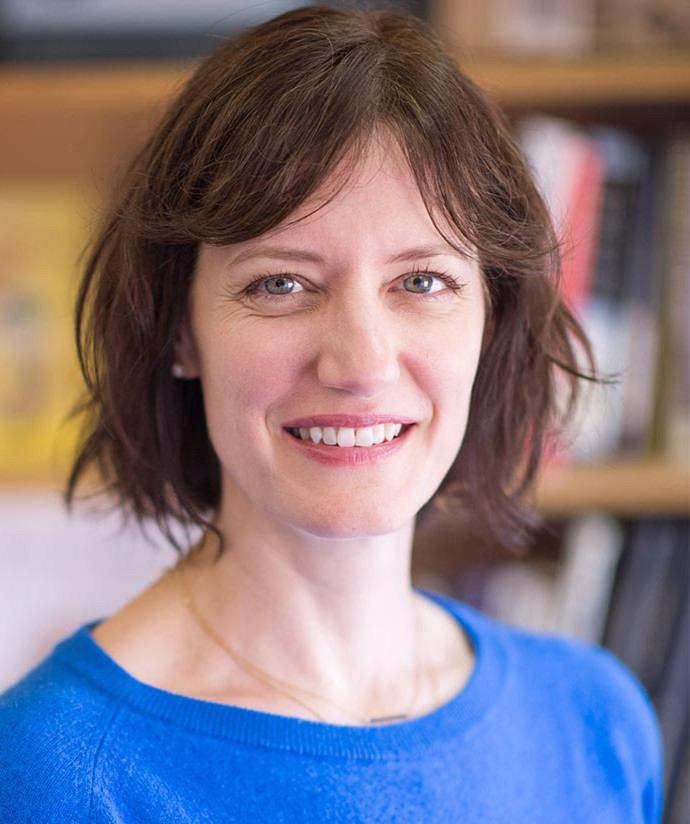
The Parent Trap


It’s no secret women are grossly underrepresented in science, technology, engineering and math (STEM) in higher education. The numbers tell the story: Women made up just 24% of senior, full-time faculty (associate and full professors) in the natural sciences, and only 15% of tenured professorships in engineering as of 2017.
The usual explanation holds that these jobs are demanding of one’s time and energy, making it difficult to combine a career with a family life — especially for women. But it turns out that young women often leave before they have children. And parenthood does not explain why women are more likely to leave science and engineering than other time-consuming careers, like law or medicine.
Although research has documented gender-based discrimination, exclusion and harassment in academic science for decades, just how stereotypes and biases pertaining to motherhood affect young women who are not yet mothers has been an open question.
But research conducted by Sarah Thébaud and Catherine Taylor, both UC Santa Barbara associate professors of sociology, provides answers. In their study, they report that a pervasive workplace culture frames motherhood, but not fatherhood, as a barrier to legitimacy as a scientist or engineer. As a result, it is widely believed that motherhood is controversial and should be feared, rejected and hidden. In addition, the researchers say, these ideas about motherhood disadvantage women in their day-to-day interactions and, ultimately, motivate some of them to leave academia.
For their study, Thébaud and Taylor conducted in-depth interviews with 57 young, childless Ph.D. students and postdoctoral scholars in natural sciences at four universities. The women and men they interviewed told stories of faculty saying things like, “There’s more to life than babies” and “I don’t understand why women complain ... you just have to decide you get a family or a career in chemistry, one or the other and just accept it.” One recounted how a professor’s “gist was that having children is sort of narcissistic. And she’s above that … like, simpletons want to have kids.”
Not surprisingly, most women reacted negatively to this culture. Words like “scary,” “frightening,” “worry,” “struggle” and “stressed” routinely came up when they asked women their thoughts on combining family with a career in academic science or engineering. Those words, they said, were never used when they asked men the same question.
In addition, the more women were taught to fear motherhood, and the more they felt they could not discuss family plans, but rather had to reject and hide them, the more these plans seemed to pose an insurmountable obstacle to career success. The authors use the phrase the “specter of motherhood” to describe these circumstances.
“The ‘specter of motherhood’ disadvantages young women in academic science,” Taylor said, “and discourages them from persisting in it at a time when scientific and engineering workforce advances are more important than ever due to the challenges we face (e.g., climate change, COVID-19, aging infrastructure, cyberattacks, etc.).”
Although the scholars say there’s been considerable work in the social sciences on what is called “the motherhood penalty” — lower pay for comparable single workers and fathers, for example — their research offers a striking look at the challenges women face in science and engineering even before they have children.
“Our work breaks new ground because it shows how young women who are seen even as potential mothers are disadvantaged in the workplace — especially in elite and/or male-dominated professions,” Taylor said.
“What Cate said is absolutely right,” Thébaud said. “I would also add that the set of behaviors and assumptions we identify have not previously been documented or discussed in the way that we do. We show how the culture of academic science and engineering effectively teaches young scientists that, in order to gain professional respect, they will need to engage in behaviors that reject, denigrate and/or hide motherhood. This workplace norm disproportionately drives women away from academic careers.”
As the authors note, it’s no surprise these science and engineering fields suffer from gender imbalances and that subtle biases persist. But they were struck by the intensity with which their participants recounted stories of mothers, and the idea of motherhood, being denigrated and the sense of alarm it instilled in them.
“Many participants’ reactions to the idea of balancing a future career in science with a family were filled with a deep sense of fear and anxiety,” Thébaud said. “Some women went to great lengths to manage their professional image, by hiding medically serious pregnancies and miscarriages, or by strategically telling advisers they don’t plan to have children — all out of fear that they would no longer be taken seriously.”
Thébaud added that most of the men and women they interviewed made a point to clarify that they personally disliked or disagreed with these norms that disparage motherhood. Most perceived them as “extreme”, “odd” and generally out of step with the way “normal” people would behave, she said.
The authors point out that universities have been working to increase the number of mothers in science and engineering — with policies around the recruitment and retention of mothers, like tenure clock extensions — but those measures aren’t enough.
“Our work reveals that interventions that target attitudes about motherhood in science are also critical,” Thébaud said. “For instance, programs that raise awareness about the many mothers who are successful academic scientists, and that describe the benefits of academia to mothers — like, scheduling flexibility and job stability — are crucial interventions that can help counteract the more negative and anxiety-filled ideas that seem to be so common. Programs should also address the issue of motherhood in graduate advising and mentoring, and strive to normalize seeing and talking about children in workplace settings.”
Thébaud and Taylor’s paper, “The Specter of Motherhood: Culture and the Production of Gendered Career Aspirations in Science and Engineering” appears in the journal Gender & Society.



